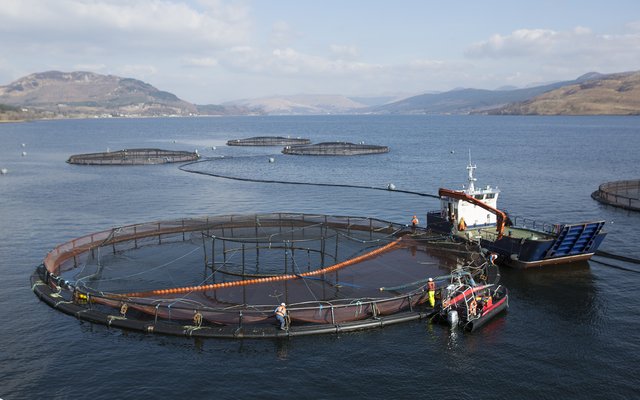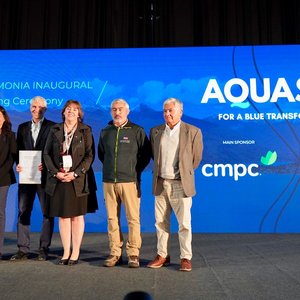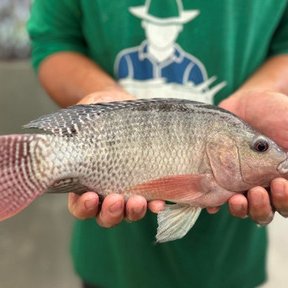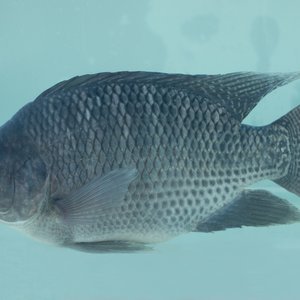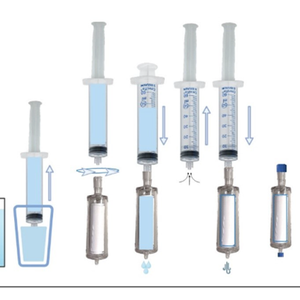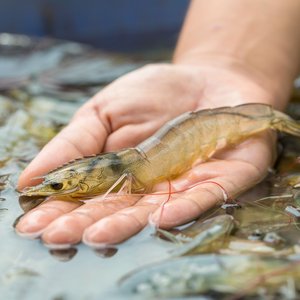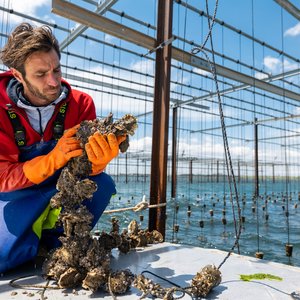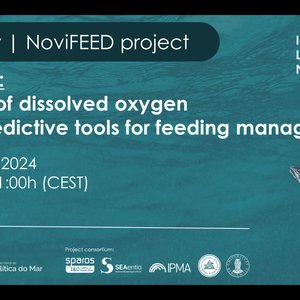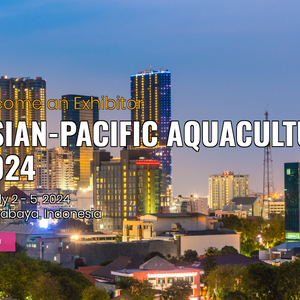A team of experts investigating the potential of a pioneering vaccination against sea lice has secured funding to take its research to the next stage, helping address one of the aquaculture sector’s perennial challenges.
Partners from the University of Stirling’s Institute of Aquaculture, AQUATRECK Animal Health SL and Moredun Scientific have been awarded almost £50,000 from the Sustainable Aquaculture Innovation Centre (SAIC), following promising findings of an initial proof-of-concept phase which concluded last year.
The latest stage of the research involves assessing the impact of the novel vaccine technology against adult lice, building on the results of the first part of the research which looked at larval stages and identified a gut protein required for protection. The team is using advanced recombinant expression technology for injection vaccination and, if successful, the technology could be scaled up to make mass antigens available to later be applied via salmon feeds as an oral vaccine.
The formula has been specially developed to trigger an immune response and create elevated antibody levels in the bloodstream of fish, helping impair sea lice's development and reproductive capacity following sea lice feeding on the fish. By targeting mature lice, the vaccine could also reduce the number of parasite offspring.
Scaling up the technology involved in vaccine development is costly and complex, often acting as a bottleneck for commercialization in any sector. However, during the first phase, the researchers successfully identified a promising route to market by using yeast expression technology to create the recombinant proteins needed for the vaccine at scale.
Sean Monaghan, lead researcher and lecturer at University of Stirling’s Institute of Aquaculture, said that “finding a vaccine-based solution for treating sea lice would be a huge development for the aquaculture sector globally, with widespread impact for fish, farmers, the supply chain and consumers. We are hoping that this second stage of the project will demonstrate the efficacy of the vaccine for protecting Atlantic salmon against adult lice and help to build the scientific evidence base.”
“The COVID era has had a big part to play in increasing people’s understanding and changing perceptions of vaccines to the point where this kind of treatment for animals is now more widely acknowledged as a positive way to tackle health challenges with less intervention. Around the world, different groups including both academics and pharmaceutical companies are now looking at the potential for sea lice vaccines with results beginning to emerge. Sea lice vaccination is just one option, but it has the potential to transform the way the sector deals with one of its biggest ecological concerns,” Monaghan said.


